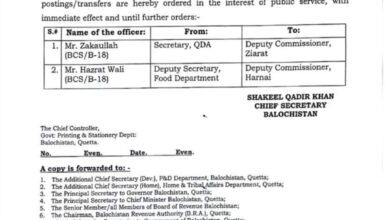Quetta, the provincial capital of Balochistan, has long struggled with the complex and multifaceted issue of solid waste management. On one hand, the city faces a shortage of resources, while on the other, inefficiencies rooted in bureaucracy, political unions, and external influences have hindered the effective use of the available resources. For years, these challenges have prevented Quetta from addressing the growing piles of garbage that have become an eyesore and a public health concern.
However, in an ambitious move to resolve this issue without requiring additional resources from the government, the provincial authorities have turned to a public-private partnership model. This approach, which was officially announced in March, aimed to tap into the efficiency and agility of the private sector to tackle a problem that the public sector had struggled to manage for years. The assumption was clear: the private sector, unencumbered by the red tape and inefficiencies often found in government-run projects, would bring new life and efficiency to Quetta’s waste management system.
The decision was bold. By August, the project was officially inaugurated, and within a few short months, Quetta’s solid waste management system was undergoing a massive overhaul. The project’s timeline was ambitious—perhaps overly so. The government planned for one area of the city to be fully handed over to the private sector by December. This goal seemed daunting when compared to the struggles of other cities. Lahore, for instance, took four years to implement a similar waste management model, and Peshawar is still working to develop a workable approach.
Despite these hurdles, the team in Quetta, with the support of the Chief Minister’s office, moved forward with enthusiasm. The results, as of yesterday, have been nothing short of transformative. The project, which operates under the name *Safa Quetta* (a public-private partnership), successfully collected 1,500 tonnes of waste in a single day. This is a remarkable achievement—previously, the highest tonnage ever collected in







